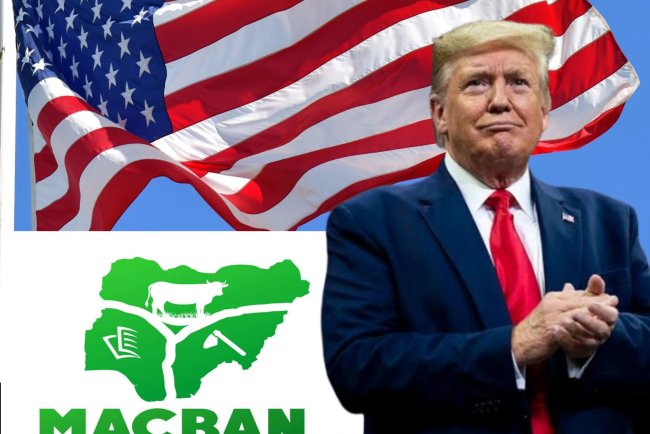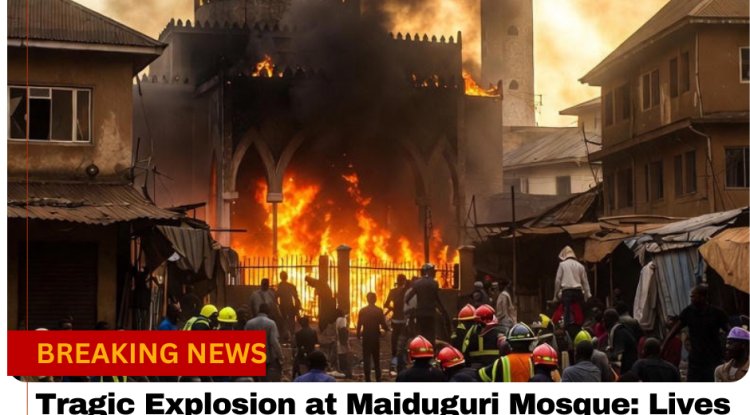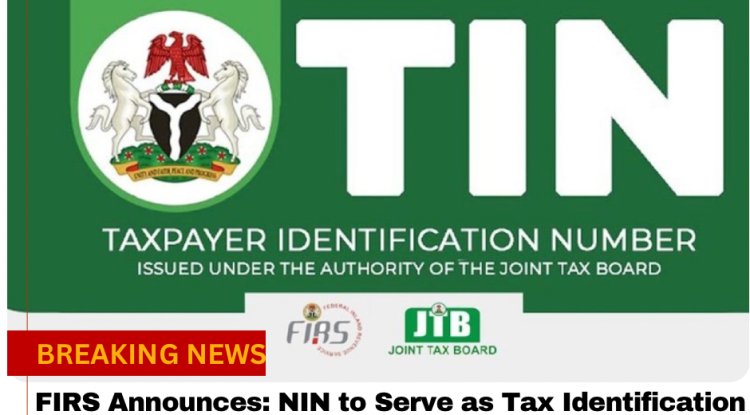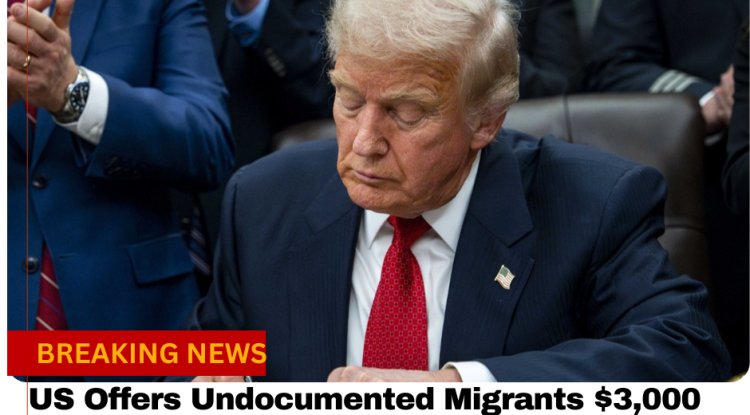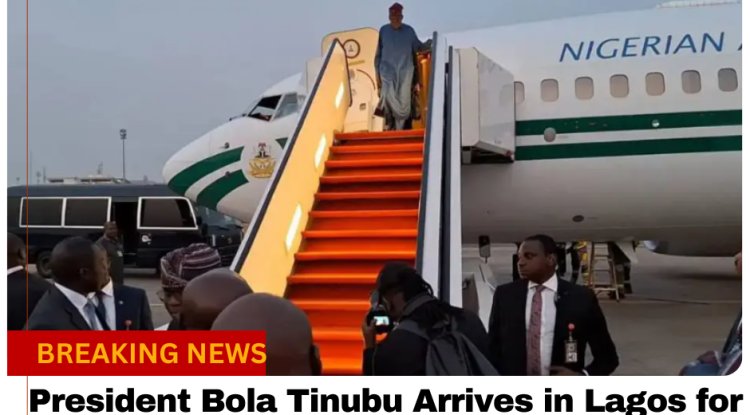U.S. Revokes Visas of 80,000 Nigerians and Other Foreign Nationals
The United States Department of State announced on November 7, 2025, the revocation of over 80,000 nonimmigrant visas held by foreign nationals, including many Nigerians, as part of an aggressive immigration enforcement under President Donald Trump’s administration.
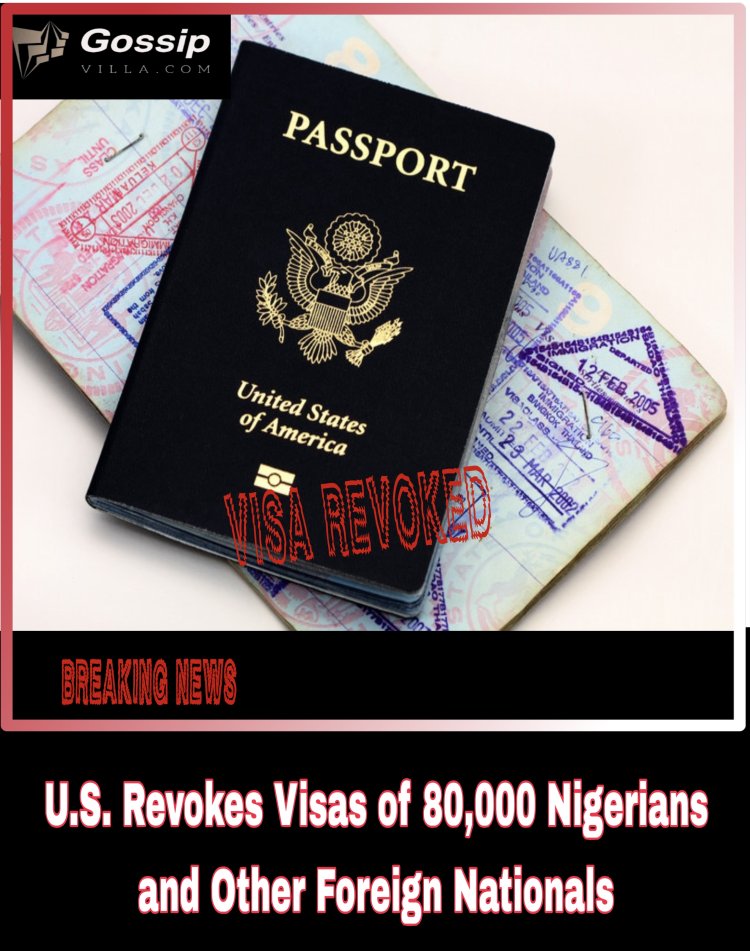
U.S. Revokes Visas of 80,000 Nigerians and Other Foreign Nationals
In a bold move to strengthen national security, the United States Department of State has revoked more than 80,000 visas held by foreign nationals, including a significant number of Nigerians. This action, announced on November 7, 2025, reflects the Trump administration’s firm commitment to immigration enforcement. According to Vanguard news, The revocations target individuals involved in criminal activities, visa overstays, and actions that threaten U.S. interests. As the world watches, this policy raises questions about global mobility, bilateral relations, and the future of international travel.
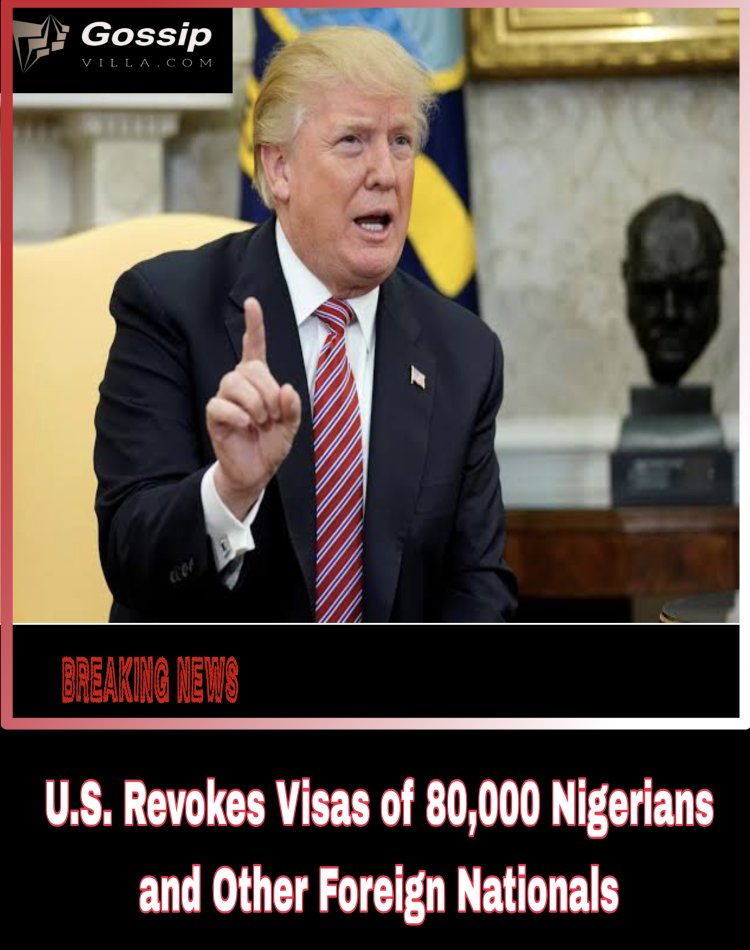
The Announcement and Its Scope
The U.S. State Department released a statement describing the revocations as “promises made, promises kept.” This phrase underscores President Donald Trump’s pledge to prioritize American safety and interests. Since January 20, 2025, when the administration took office, officials have canceled nonimmigrant visas for tourists, students, and temporary workers. The total exceeds 80,000, more than double the number revoked in the previous year.
Nigerians are among the affected groups, alongside nationals from countries like China, India, and several in Latin America and Europe. While exact figures for Nigerians remain undisclosed, reports indicate that Nigeria ranks high in visa overstay cases, with over 700,000 such incidents reported across all nationalities in 2023 alone. The U.S. Embassy in Nigeria has emphasized that these measures apply to all valid visa holders under ongoing screening of more than 55 million foreigners.
Primary Reasons for the Revocations
The revocations stem from a range of violations under the Immigration and Nationality Act, a law that has allowed such actions for decades. Key reasons include criminal offenses and security risks. In 2025, data shows clear patterns:
• Driving Under the Influence (DUI): 16,000 visas were revoked for this offense, highlighting concerns over public safety.
• Assault: 12,000 individuals lost their visas due to violent acts.
• Theft: 8,000 cases involved property crimes.
Other factors include visa overstays, support for terrorist organizations, and public safety threats. Overstaying a visa for 180 to 365 days triggers a three-year re-entry ban, while longer periods lead to a 10-year prohibition, as per the 1996 Illegal Immigration Reform and Immigrant Responsibility Act. In August 2025, more than 6,000 student visas were canceled for legal violations and overstays, with some tied to terrorism links.
The administration has also targeted political activities. Secretary of State Marco Rubio noted in May 2025 that diplomats must scrutinize applicants for anti-American sentiment or activism against U.S. policy. For instance, at least six visas were revoked for social media posts mocking the assassination of conservative commentator Charlie Kirk. On October 14, 2025, the State Department cited these as threats to national values. (Fox News)
Broader Policy Context
This crackdown aligns with an executive order signed by President Trump on his first day in office. The order directs enhanced vetting to ensure visa holders do not hold “hostile attitudes” toward U.S. citizens, culture, or institutions, nor support foreign threats. Principal Deputy Spokesperson Tommy Pigott stated, “The Trump Administration will not hesitate to revoke visas from foreigners who undermine our laws or threaten our national security.”
The policy builds on earlier efforts. In September 2025, the U.S. Embassy in Nigeria warned of quiet revocations without notice, affecting professionals and families. This has disrupted business ties and travel plans, with Nigeria facing heightened scrutiny due to its position as a key U.S. partner in Africa.
Implications for Nigerians and Global Relations
For Nigerians, the impact is profound. Many rely on U.S. visas for education, work, and family visits. Revocations can halt studies, separate families, and damage careers. Nigeria’s high overstay rate exacerbates this, but experts argue that economic factors, like limited job opportunities at home, drive such trends rather than intent to violate laws.
On the global stage, this policy signals a tougher U.S. stance on immigration. It may strain diplomatic ties with affected nations, including Nigeria, where U.S. investments in oil and tech are vital. Critics worry it could deter legitimate travel and talent exchange, while supporters praise it for curbing risks. The State Department vows to continue reviews, emphasizing that “the safety and well-being of Americans remain our top priority.”
READ MORE ON: US Imposes Stricter Immigrant Visa Rules, Makes Home-Country Interviews Mandatory
Looking Ahead: What This Means for Travelers
As enforcement ramps up, foreign nationals must comply strictly with visa terms. The U.S. urges awareness of laws on DUIs, assaults, and online speech. For Nigerians, consulting immigration experts and avoiding overstays is key. Future applicants face stricter interviews, focusing on loyalty to U.S. values.
This visa revocation wave marks a pivotal moment in U.S. policy. It balances security with openness but challenges the dreams of many abroad. As details emerge, the international community awaits how this will shape cross-border ties.
What's Your Reaction?









